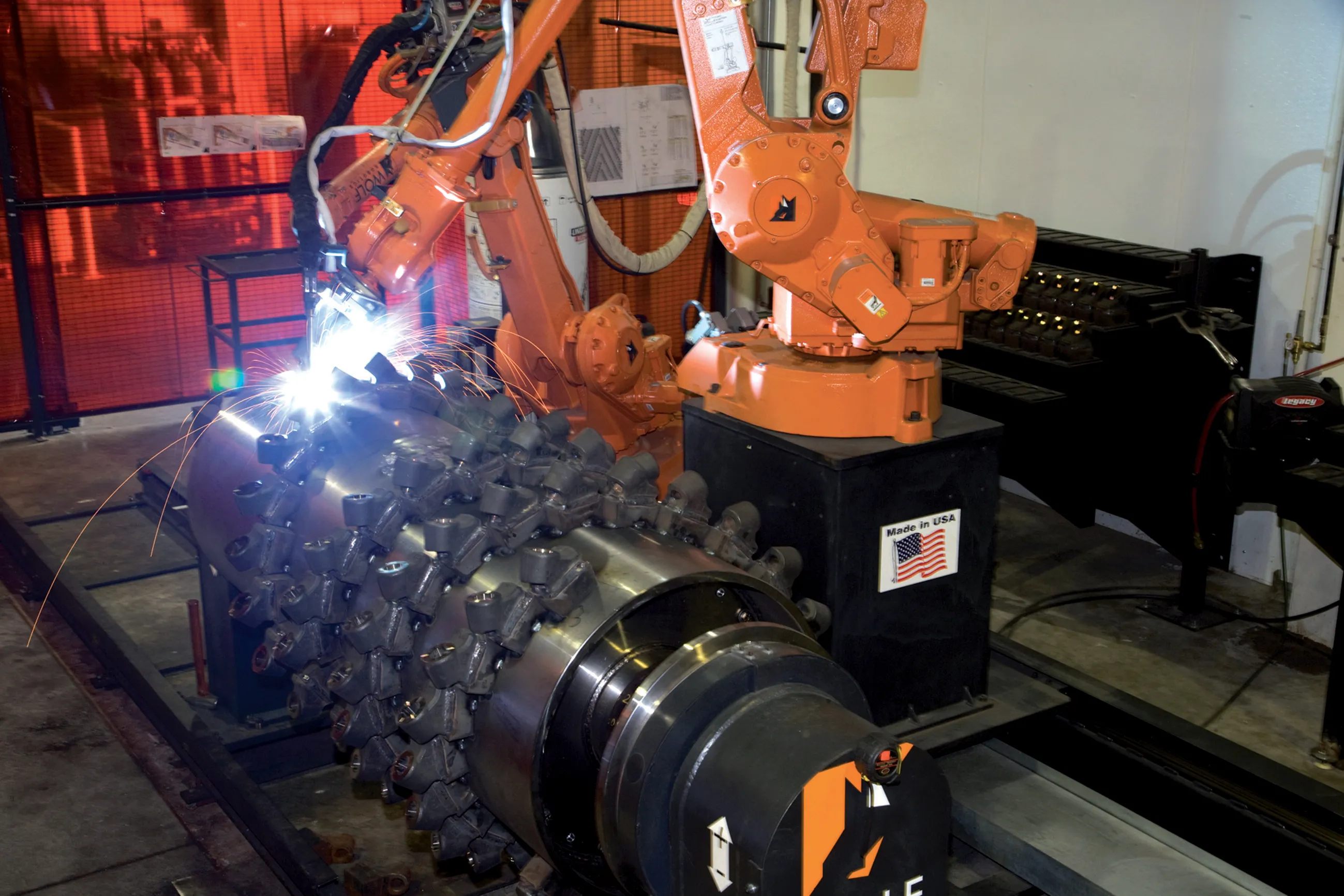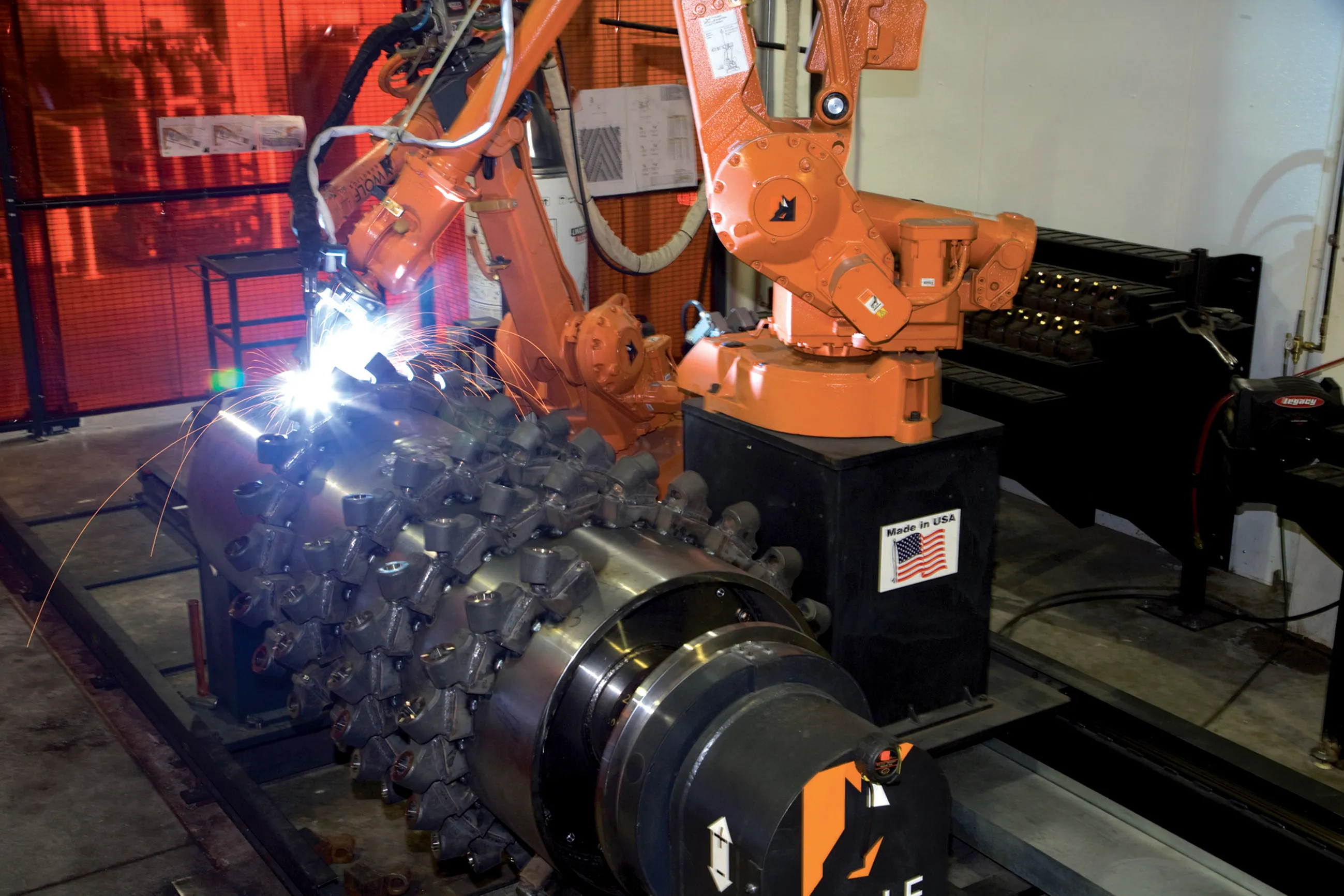A new report highlights the importance of recycled aggregates for the global construction market. The report has been compiled by research specialist Fact.Mr and shows that prospects remain bullish for the recycled construction aggregates market. According to the report, there were sales of recycled aggregates in excess of over 3.7 million tonnes estimated in 2018, with a 5% growth expected for 2019.
The report highlights that the recycled construction aggregates market is influenced by various factors, ranging from resurgent construction activities to infrastructure development efforts of governments worldwide, particularly in developing economies.
There been a preference for recycled construction and crushed stone among manufacturers, due to cost-efficiency. The market for recycled aggregates is already strong for markets such as building driveways, footpaths, and car parking. However demand for recycled aggregates is growing in the important segment for infrastructure development projects. High transportation and handling cost of crushed stones have led governments to carry out production and recycling activities locally. This is ensuring a healthy market for recycled construction aggregates.
The study expects Asia Pacific Excluding Japan (APEJ) to remain lucrative in the recycled construction aggregates market. The sales in APEJ is expected to exceed 2.3 million tonnes in 2018. As construction and demolition waste in APEJ is becoming a major issue, leading construction institutions in the region are implementing demolition waste management programmes.
The market for construction and demolition waste in India is likely to increase. Recycling construction and demolition waste by converting it into aggregates is gaining in popularity in India as a sustainable measure.
China is likely to emerge as the largest consumer of recycled construction aggregates in the coming years. A massive rise in construction is stimulating the market for recycled aggregates in China. The healthier construction development is likely to drive growth for recycled construction aggregates in Eastern Europe also. Meanwhile Germany is expected to hold a strong position. Recycled construction aggregates is emerging as an important source of aggregates in Britain, owing to the rise in demolition of old structures and construction of new building and structures.
The
Government projects and private sector projects are focussing on using a higher percentage of recycled construction aggregates to build roads and bridges. Demolished materials are gaining popularity as recycled construction aggregates, due to the shortage of natural resources. New bridge construction and repair activities are at the forefront in Australia, China, North America and Europe to offer better connectivity.
Infrastructure companies are working on new projects, designing structures, connecting cities and towns to meet the growing demand to travel for business and leisure. Europe is likely to see rebuilding and repairing of roads and bridges. A recent study by the French Government found that the country’s road network is in critical condition and a third of its road bridges require repairs. Around 300 bridges in Italy are at the risk of failure. Moreover, the Federal Highway Research Institute found that in Germany around 12.4% of roads and bridges are in bad condition.
The recycled construction aggregates market is projected to register 6% CAGR in volume terms between 2019 and 2027.
The insights presented here are from a research study Recycled Construction Aggregates Market by Fact.MR.
https://www.factmr.com/report/2890/recycled-construction-aggregates-market
Recycled aggregates report released
A new report highlights the importance of recycled aggregates for the global construction market. The report has been compiled by research specialist Fact.Mr and shows that prospects remain bullish for the recycled construction aggregates market. According to the report, there were sales of recycled aggregates in excess of over 3.7 million tonnes estimated in 2018, with a 5% growth expected for 2019.
The report highlights that the recycled construction aggregates market is influenced by various factors, ra
January 24, 2019
Read time: 3 mins







